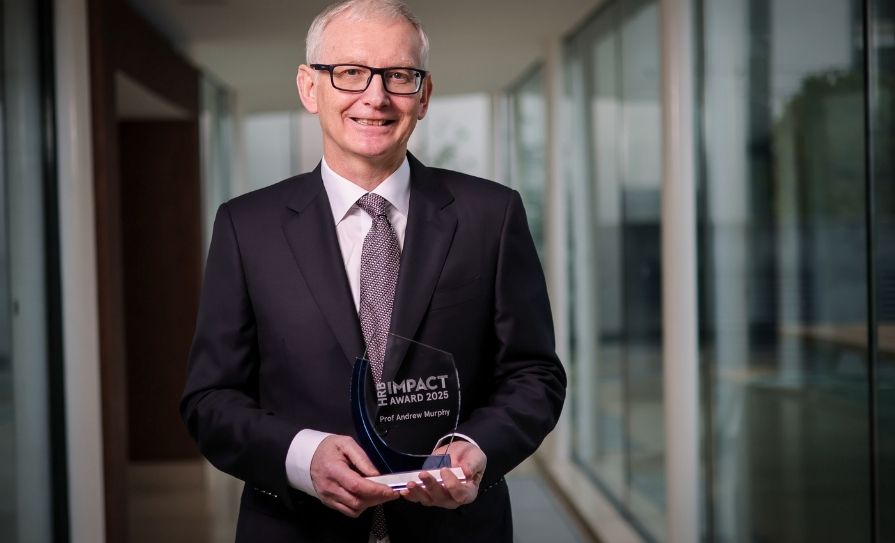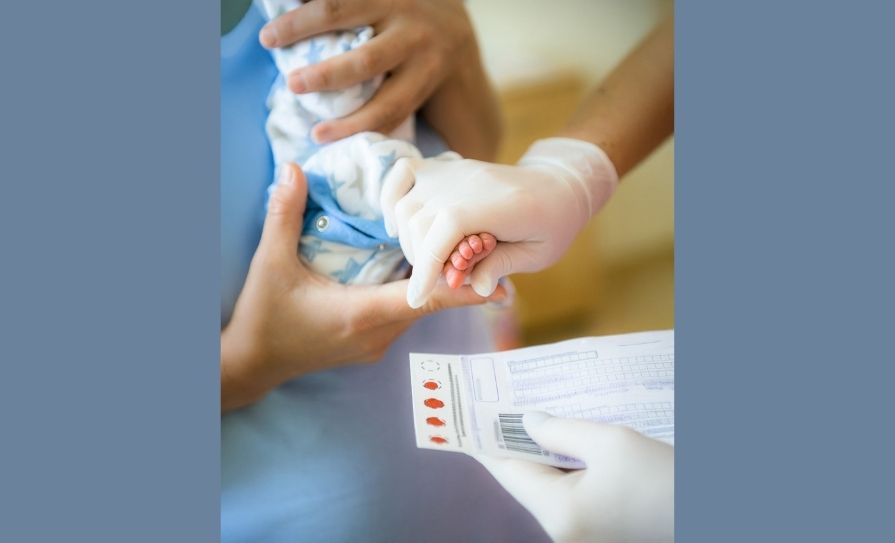General practices involved in chronic disease management (CDM) are being invited to take part in a multi-arm Health Research Board (HRB) clinical trial involving patients with multi-morbidity.
MIDAS (Medicines and SocIal Prescribing to aDdress pAtient priorities in multimorbidity) is a multi-arm definitive cluster randomised trial in Irish general practice. It will examine the clinical and cost-effectiveness of two interventions in patients with multimorbidity (defined as having at least two chronic conditions and who are taking 10 or more regular medicines).
Speaking to the Medical Independent, Prof Andrew Murphy, Foundation Professor of General Practice at University of Galway, said the large trial is still open for recruitment. It is being led by Prof Susan Smith in
Trinity College Dublin’s Discipline of Public Health and Primary Care.
The trial will evaluate two interventions that will support GP teams providing CDM.
One intervention involves the provision of a general practice-based pharmacist for one session a week for six months free of charge, Prof Murphy explained.
“We are looking at the number of medications and the quality of prescribing after six months,” he said.
The other intervention is a practice-based link worker delivering social prescribing to help address patient goals and priorities. There will also be a control group continuing with usual CDM care.
“We are still open for recruitment. If anyone would like to join the trial, I’d be delighted. Please email me [andrew.murphy@universityofgalway.ie],” Prof Murphy stated.
The trial will run for three years and recruit 48 general practices nationally and 672 patients. Further information is available at: https://primarycaretrials.ie/midas-2/
Meanwhile, Prof Murphy is working on a separate study examining female urinary incontinence and urge incontinence, “where patients are having difficulties and daily life is being impacted upon,” he explained.
Funded by Enterprise Ireland, the pilot study will see patients using an app which provides specific exercises and behavioural therapies for eight weeks. The app was developed by a local start-up company.
“Both of those [exercises and behavioural therapy] are the recommended interventions for urge incontinence, but access to physiotherapists and psychotherapists can be very difficult,” Prof Murphy highlighted.
“We are going through the various regulatory procedures, but we hope to be recruiting in about two months and if practitioners are interested in recommending it to their patients just contact me on it.
“It’s the first direct to patient trial we have conducted…. It takes a lot of time for GPs to get involved in research and we thought something like this, which will be open to patients directly, would be worthwhile for patients.” See news interview













Leave a Reply
You must be logged in to post a comment.